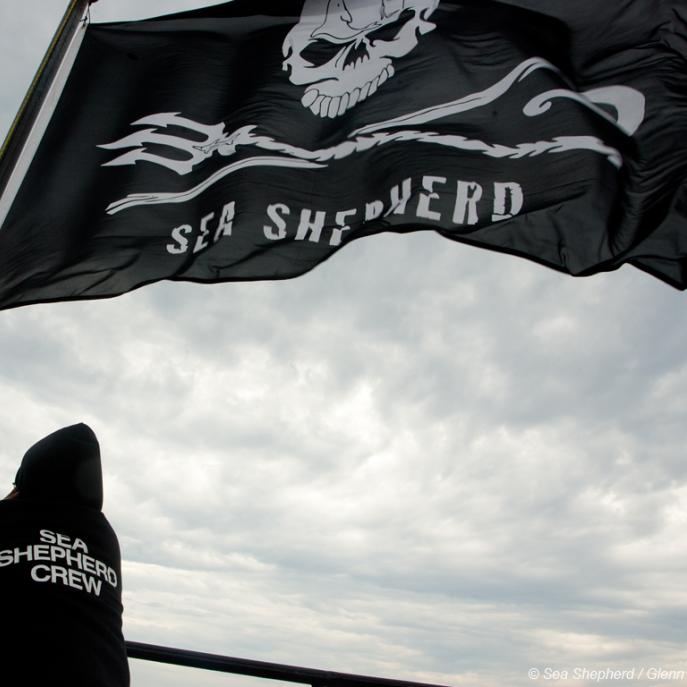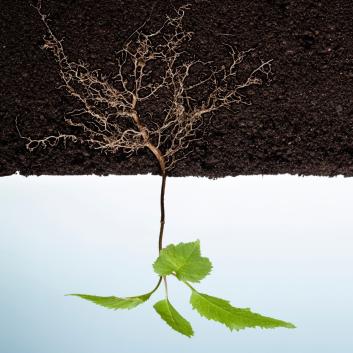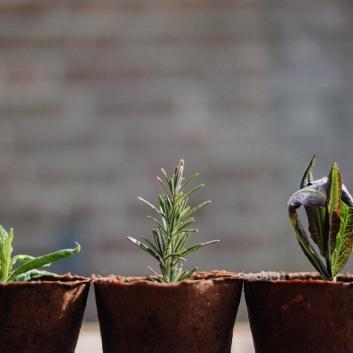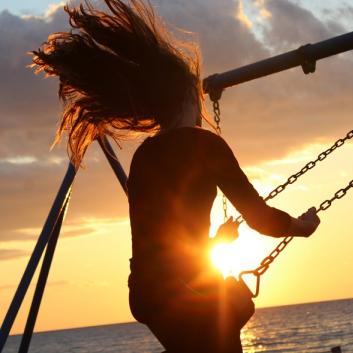Can changing the tide in ocean protection prevent climate breakdown?
At the COP15, the UN Biodiversity Summit, held in Montreal, Canada, between 7-9 December, the main focus will be to stop humanity's 'war on nature'.
One of the most critical areas is regenerating healthy ocean ecosystems that would significantly help fight climate change as well.
Sea Shepherd Global is an international non-profit marine conservation organisation on a mission to protect and conserve the world’s oceans and marine wildlife.
Christopher Storey, Partnerships Manager at Sea Shepherd Global, shares insights into their projects and how it is linked to climate change and even climate justice.
"The most critical challenges in protecting oceans and marine wildlife are resources, awareness and priorities,"
according to Storey.
More resources are needed in terms of vessels, crew and finance to cover more ground more efficiently. He says that there is also a need to raise awareness actively.

Given the vastness of the ocean, it is hard for people to connect that their actions impact marine life. It is even harder to grasp the real dangers of illegal activities happening at sea, so far away from them.
Ocean and marine life protection are still not on the top list for decision-makers, even though our very own survival depends on this ecosystem.
However, engaging governments are crucial to achieving their mission. Therefore, they worked out a unique model to provide at-sea resources to assist, serve and support developing coastal and island governments in protecting their sovereign waters against illegal, unreported, and unregulated (IUU) fishing.
Their international fleet includes ten ships and several smaller boats. During the past five years, they collaborated with local law enforcement to arrest dozens of vessels, resulting in numerous successful prosecutions.

The main goal is to enhance a government’s capacity to patrol, monitor, and enforce its own laws. Executing these projects is complex due to a lack of finance and knowledge.
Illegal fishing is probably the biggest threat to marine life, as more than 20 per cent of the fish taken out of the sea comes from illegal, unreported, and unregulated (IUU) fishing.
Christopher highlights the need to access more big data in tracking and making it mandatory for vessels to have their locations on, saying that countries need to be more responsible for their waters and implement more policies.
“There are two critical factors in combatting this challenge:
One is having the resources to patrol and monitor these areas for illegal fishing activities, including access to data and tracking what is really happening at sea.
The other is the will of governments and law enforcement to punish those caught breaking these laws.
It does not solve the problem if ships can pay a small fine and continue poaching in another sea.
Even if there is the will to create more laws protecting the ocean and more Marine Protected Areas (MPAs), without the resources to enforce those laws, IUU fishing will continue.”
Sea Shepherd runs several campaigns focused on IUU fishing from Africa to Europe.
Recently, the organisation partnered with Veja, a well-known French sustainable sneaker brand, to join forces in raising awareness about overfishing.
“Two Veja team members went on one of our vessels and witnessed an extreme overfishing incident that eventually made it to the headlines as a shocking event leaving over 100,000 dead fish discarded at the cost of France.”
This event was linked to the fishing practice used on the Margiris, a super trawler bigger than a US military destroyer.

They are using giant-sized drag nets with the side effect of catching many more marine animals than intended, including endangered species.
Storey points out that we need a healthy ocean regulating climate and reducing climate change impacts as ocean currents distribute heat across the globe, influencing temperature and weather.
The ocean also absorbs over 90% of the heat and approximately 30% of carbon dioxide emissions produced by human activities.
Sea Shepherd is tirelessly working on projects and building new partnerships with governments and other organisations to safeguard all living creatures in our oceans and seas.
You can read the full interview with more insights in the Blue Economy edition of the Profit with Purpose Magazine.
















